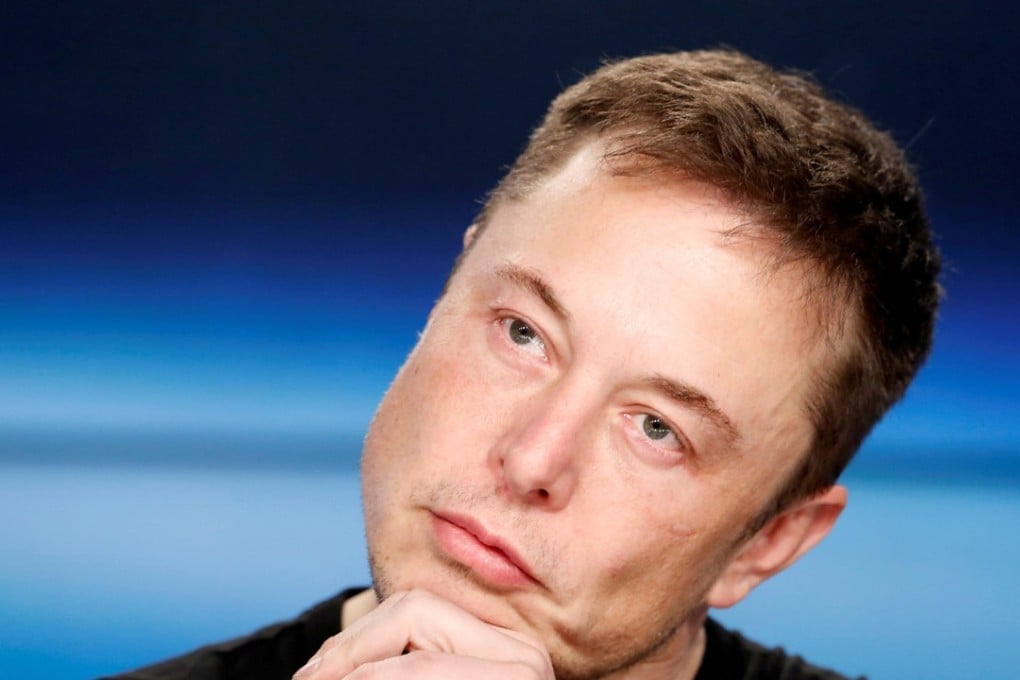Advertisement
The View | Why Elon Musk, Richard Branson and Michael Dell welcome shareholder money but not accountability
Stephen Vines says innovative business leaders struggle with some of the challenges inherent in leading public companies – from shareholder expectations to short sellers
Reading Time:3 minutes
Why you can trust SCMP

What is it that Elon Musk, Tesla’s boss, did not understand when he sought a public listing for his company? Clearly, he seems confused over the meaning of the word “public” because he is now complaining about the “enormous pressure” from his “public” shareholders.
Advertisement
Musk claims he is being pressured to take decisions that may not be “necessarily right for the long term”. Yet, what might be described as shareholders’ short termism is hardly new, nor is it the case that shareholders have only recently become interested in profitability, something that Tesla lacks. Oh and by the way, public companies need to be accountable to their shareholders; this is among the things Musk sees as a “distraction” and explains why he is talking about privatising Tesla.
Musk is among a group of other innovative business leaders who could best be described as modesty-challenged. They tend to be convinced that they know far better than others how to run their companies and what is in their best long-term interests.
They may well be right but once they decided to offer shares to the public in order to raise capital or, in other cases, to realise the value of their investments tied up in the companies, they volunteered to enter a world where accountability and the interests of others comes forcibly into play.
Watch: Tesla announces plans for first overseas plant in Shanghai

Advertisement
